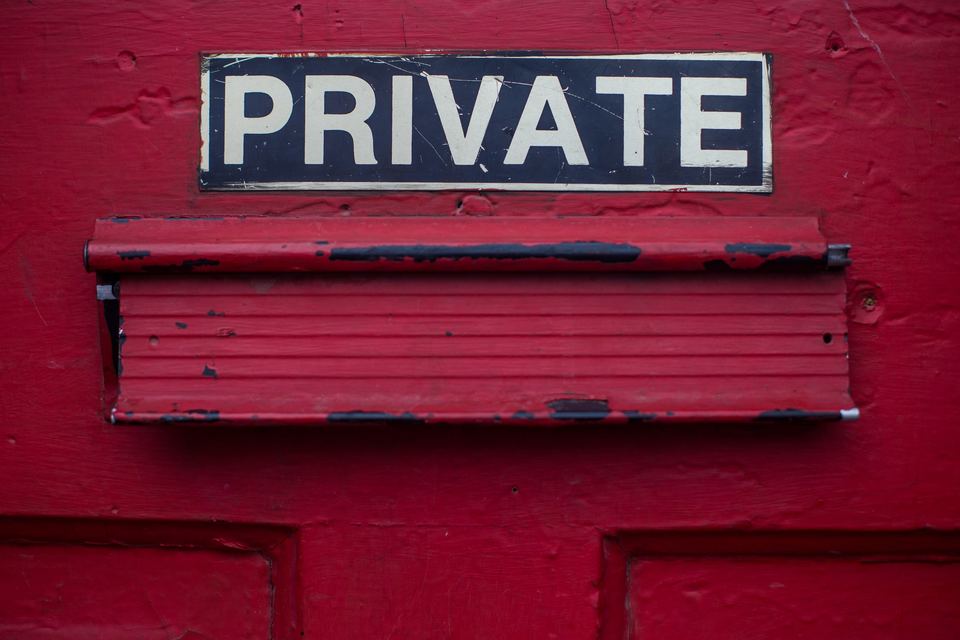Keeping Your Information Safe Online
How Do I Keep My Information Safe Online?
The internet is an amazing tool most people use on a daily basis. From shopping online, checking social media, internet banking, sending emails and just browsing the internet, we share (knowingly or unknowingly) a lot of information online which can potentially be misused. This means you need to remain constantly vigilant about what information you share online and who could have access to it. Here is a collection of tips we have gathered on how you can keep your information safe online:

- when using social media, be aware of the information you post. Holiday snaps can alert people that your home is empty, while new appliances and purchases make good burglary targets.
- think before you upload any photos or files. Are you happy for potential employers or partners to see this in years to come?
- read the privacy policy of the websites you use. Will they own the information you share? Can they use your photos how they want? Can they sell your email address?
- only use websites which are secure and use the https protocol / SSL certificate. This means all information sent to and from this website, including payment and contact details, are encrypted.
- set strong and unique passwords for every online account you use. A password which uses at least 8 characters and is made up of a mixture of letters, numbers and non-letter characters is best.
- keep your passwords secure. Use a password service such as LastPass to hold your passwords securely. Never share passwords with anyone or record them where they could be easily viewed.
- beware of spam or phishing emails. Emails you receive may come from spammers or those wanting to check the validity of your email address. They may contain links (seen and unseen) which clicking upon could capture private information.
- think about the information you provide when using a website. Is it really necessary to give so much information when filling in forms?
- check your browser settings. Websites can collect information about how you use the website by using cookies, as well as storing personal and identifying information about you. You can adjust your browser settings to prevent what they capture.
- be aware of wi-fi. Some public wi-fi may be free, but it is secure? Can you trust that your information will not be stolen?
- keep your devices password protected. If someone accesses your PC, phone or laptop, can they use it? Secure all devices with a strong password.
For further information about how to keep your personal and business information safe online, we suggest visiting the NZ Privacy Commissioner's website.
Tags:
marketing
Posted: Friday 17 January 2020

